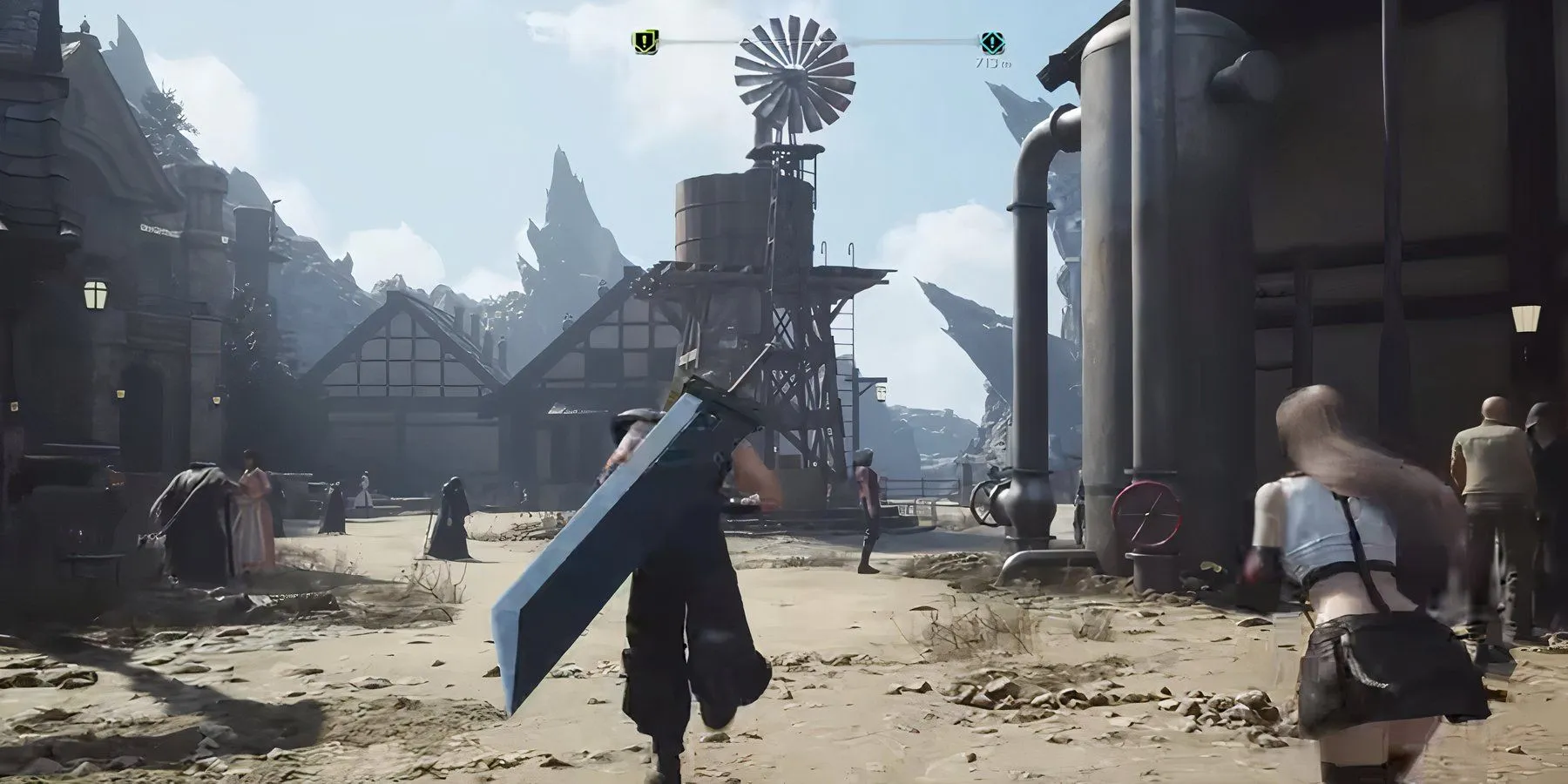
Overview of the Latest Final Fantasy 7 Rebirth PC Specifications
- Square Enix has raised the bar for Final Fantasy 7 Rebirth’s system requirements, indicating a need for high-end graphics cards featuring 12-16GB of VRAM to support 4K gaming.
- The PC version will take advantage of advanced features such as DLSS upscaling, Shader Model 6.6, and DirectX 12 Ultimate.
In anticipation of the Final Fantasy 7 Rebirth PC launch, slated for just two weeks away, Square Enix has released revised system specifications. Gamers are advised to equip their systems with high-performance graphics cards containing between 12GB and 16GB of video memory to ensure an optimal experience at 4K resolution.
This announcement coincides with preparations for the release of Final Fantasy 7 Rebirth on PC, nearly a year after its debut on PlayStation 5. Notably, in November, the game received a patch aimed at optimizing it for the PS5 Pro, enhancing gameplay by harnessing the console’s improved hardware capabilities. However, unlike Final Fantasy 7 Remake, which featured the substantial Episode INTERmission DLC, the upcoming PC version of Rebirth won’t have additional downloadable content, as Square Enix has redirected its focus to the development of Final Fantasy 7 Remake Part 3. The company has asked fans to remain patient for forthcoming news regarding this much-anticipated title.
Following the reveal of the PC version specifications during The Game Awards, Square Enix has updated its requirements. It has been specified that for players utilizing 4K monitors, a graphics card must have a minimum of 12GB to 16GB of VRAM. Additionally, to run Final Fantasy 7 Rebirth smoothly, players will need a 64-bit version of Windows 10 or 11, 155GB of storage on a solid-state drive (SSD), and at least 16GB of RAM. The processor requirements include a multi-core CPU such as the AMD Ryzen 5 5600 or a comparable model.
Comprehensive Final Fantasy 7 Rebirth PC Specifications (as of January 6)





|
Preset |
Minimum |
Recommended |
Ultra |
|
Graphic Setting |
30 FPS / 1080p / Low Quality |
60 FPS / 1080p / Medium Quality |
60 FPS / 2160p (4K) / High Quality |
|
Operating System |
Windows 10 64-bit |
Windows 11 64-bit |
Windows 11 64-bit |
|
CPU |
AMD Ryzen 5 1400 / Intel Core i3-8100 |
AMD Ryzen 5 5600 / AMD Ryzen 7 3700X / Intel Core i7-8700 / Intel Core i5-10400 |
AMD Ryzen 7 5700X / Intel Core i7-10700 |
|
GPU |
AMD Radeon RX 6600 / Intel Arc A580 / Nvidia GeForce RTX 2060 (*AMD Radeon RX 6600 or newer required; Nvidia GeForce RTX series or newer required) |
AMD Radeon RX 6700 XT / Nvidia GeForce RTX 2070 |
AMD Radeon RX 7900 XTX / Nvidia GeForce RTX 4080 |
|
Memory |
16 GB |
16 GB |
16 GB |
|
Storage |
155 GB SSD |
155 GB SSD |
155 GB SSD |
|
Notes |
*12GB GPU Memory recommended for 4K |
*16GB GPU Memory recommended for 4K. |
*16GB GPU Memory recommended for 4K. |
Furthermore, Final Fantasy 7 Rebirth mandates the use of graphics cards that support Shader Model 6.6 or later, along with operating systems compatible with DirectX 12 Ultimate. In interviews, game director Naoki Hamaguchi has highlighted the improved lighting, shaders, and textures exclusive to the upcoming PC version, enticing gamers to explore these enhancements. Meanwhile, it remains uncertain whether similar graphical upgrades will be applicable to the PS5 version.
While Square Enix initially hinted at optimizing Final Fantasy 7 Rebirth for the Steam Deck, updates on this front are still pending. As the release date of January 23 approaches, fans eagerly anticipate the chance to immerse themselves in the vast world of Final Fantasy 7 Rebirth on PC.




Leave a Reply ▼